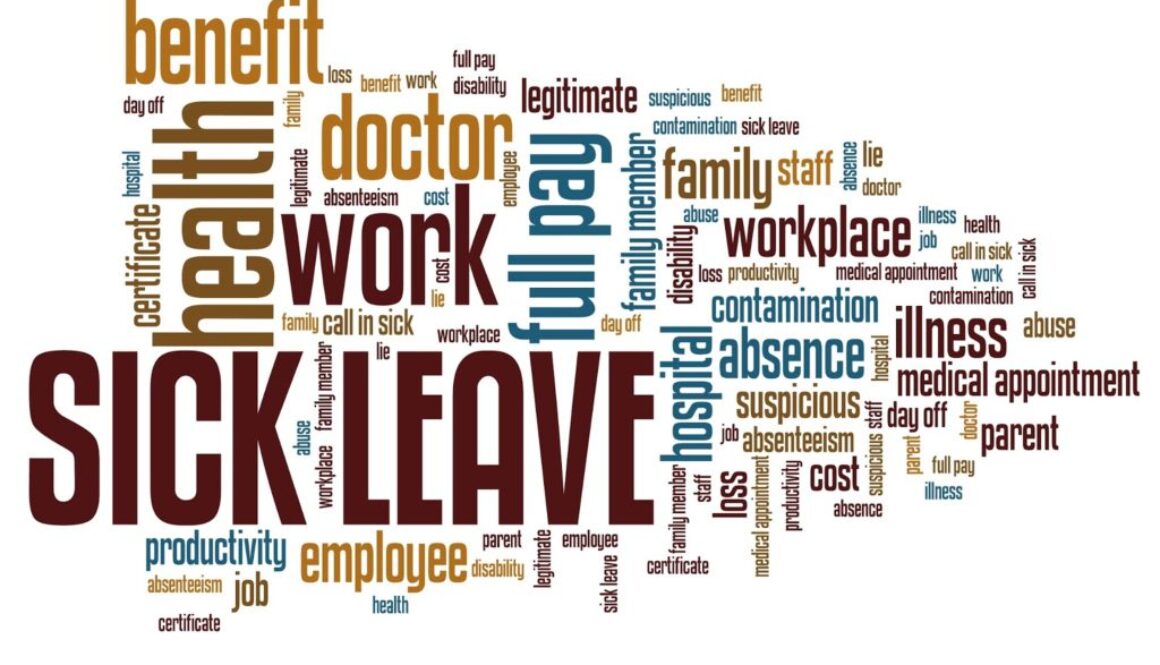Health & Safety Update | Consensus HR – Herts, Beds

One hundred and thirty-five workers were killed in work-related incidents in Great Britain in the last year, according to figures published by the Health and Safety Executive.
The industries with the highest deaths were construction (45), agriculture, forestry, and fishing (21), manufacturing (15), and transportation and storage (15). Agriculture, forestry, and fishing has the highest rate of fatal injury per 100,000 workers of all the main industrial sectors followed by waste and recycling.
The annual data release published by the Health and Safety Executive (HSE), Great Britain’s workplace regulator, covers the period from April 2022 to March 2023.
The three most common causes of fatal injuries are falls from height (40), being struck by a moving object (29), and being struck by a moving vehicle (20).
The total of 135 worker deaths in 2022/23 is higher than the previous year (123) but is in line with pre-pandemic levels. The figure for 2020/21 was 145.
Great Britain is one of the safest places in the world to work. There has been a long-term downward trend in the rate of fatal injuries to workers, though in the years prior to the coronavirus pandemic the rate was broadly flat.
A further 68 members of the public were killed following a work-related incident in 2022/23. This is a decrease of 20 from last year.
HSE’s Chief Executive Sarah Albon said: “Any loss of life in the workplace is a tragedy.
“While these figures show Great Britain is one of the safest countries in the world to work, safety must continue to be at the top of everyone’s agenda.
“Our mission is to protect people and places and we remain committed to maintaining safe workplaces and holding employers to account for their actions.”
HSE has also published the annual figures for Mesothelioma, a cancer caused by past exposure to asbestos. The figures show 2,268 people died from the disease in 2021. This is a fall of 302 compared with the 2,570 deaths in 2020 and substantially lower than the average of 2,520 deaths per year over the period 2012-2019.
Asbestos-related diseases take decades to develop. Most people with them today will largely have been exposed before the tightening of controls and the use of asbestos was banned in 1999.
The current regulations state that where asbestos is present in buildings it must be managed, maintained in a good condition, and stay undisturbed. If this level of protection cannot be achieved, then asbestos must be removed.
These regulations have led to a significant reduction in exposure and the number of people developing asbestos-related illness is predicted to fall as we get further from the date asbestos was banned in 1999. Prior to that point, asbestos was used extensively in construction.
HSE’s approach to asbestos management is based on evidence that is constantly reviewed. HSE has recently launched a campaign called Asbestos & You to raise awareness of the risks associated with the dangerous substance.
Find out more about the Asbestos and You campaign, and visit HSE’s website for further guidance on asbestos.
YOUR OUTSOURCED HUMAN RESOURCES DEPARTMENT.
For further information on any of the HR subjects we provide, please click the heading below:

















![Consensus Payroll logo[6][14579] Higher public sector pay rises would add little to inflation, think-tank says.](https://www.consensushr.com/wp-content/uploads/2020/09/Consensus-Payroll-logo614579.jpg)



